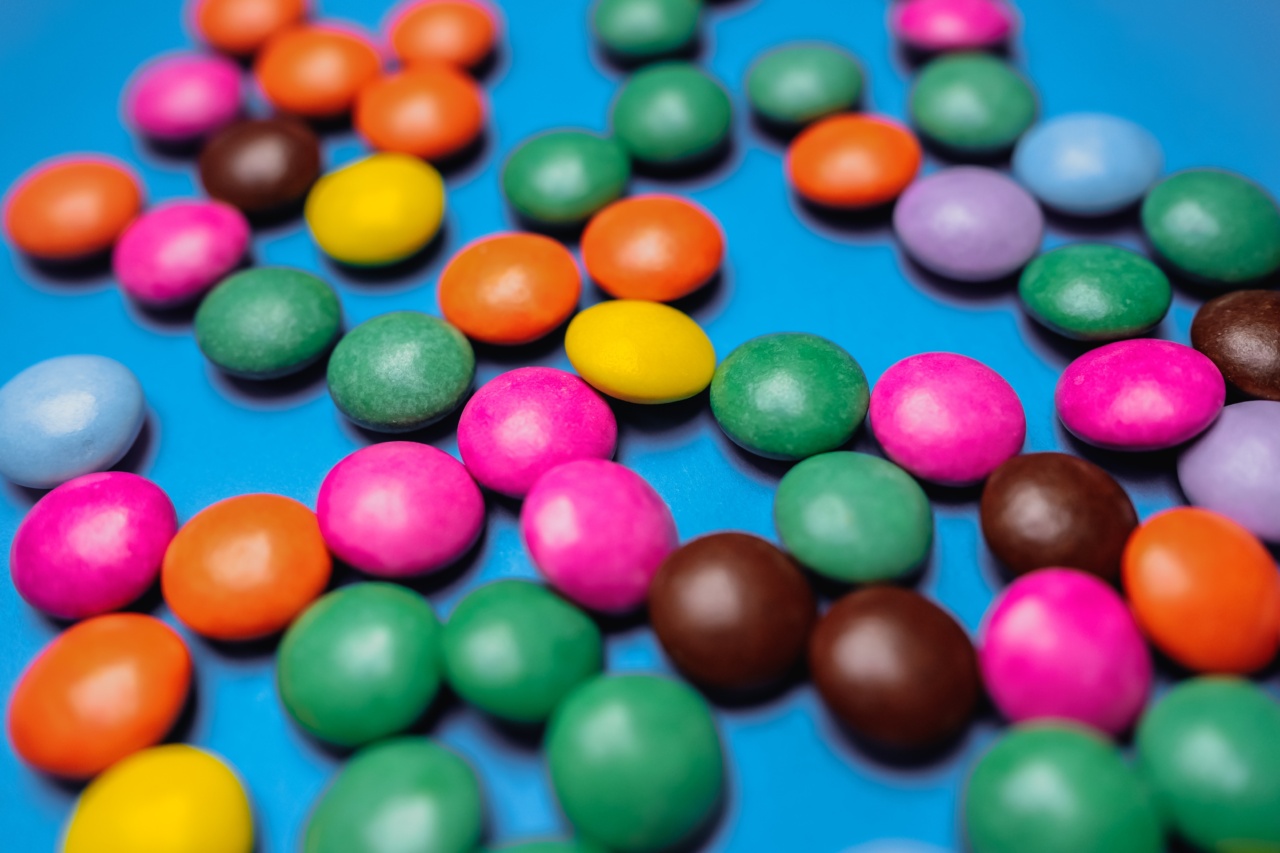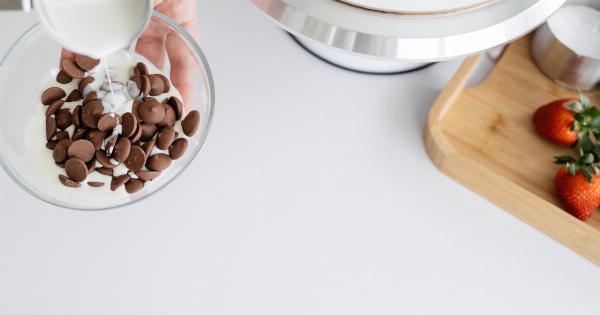Chocolate has always been associated with pleasure, happiness, and romance. It’s no surprise then that many people wonder if chocolate can replace intimacy.
Some believe that the sensation and chemicals released from eating chocolate can provide the same gratification as intimacy. Others believe this idea is a myth and only a figment of our imagination. In this article, we’ll explore the science behind chocolate and intimacy to see if there’s any truth to the idea that chocolate can replace intimacy.
What is intimacy?
Intimacy is defined as a close, familiar, affectionate, and loving personal relationship. It’s a feeling of being connected to another person emotionally and physically.
Intimacy can be in the form of sexual intercourse, but it can also be felt through touch, holding hands, kissing, or any other action that connects two individuals in a loving and affectionate way.
What is chocolate?
Chocolate is a sweet food made from cacao beans. It’s a type of candy that comes in many shapes and flavors, such as milk chocolate, dark chocolate, and white chocolate.
Chocolate contains several compounds that give it its unique flavor, such as sugar, milk solids, and cocoa butter. The cacao bean, the primary ingredient in chocolate, contains a neurochemical known as phenylethylamine (PEA).
This compound is a natural stimulant, which is why it’s sometimes referred to as the “love drug.” It’s also been linked to mood enhancement and increased focus.
The science behind intimacy
When two individuals engage in intimacy, their bodies release several hormones that create a sense of pleasure and relaxation.
One such hormone is oxytocin, known as the “cuddle hormone.” It’s released when individuals engage in physical touch, such as hugging, holding hands or kissing. Oxytocin creates a sense of bonding and attachment between two individuals. Another hormone released during intimacy is endorphins. These hormones are responsible for the “runner’s high” feeling and create a sense of pleasure and euphoria.
These hormones also reduce stress and increase feelings of well-being.
The science behind chocolate
Chocolate contains several compounds that impact the brain in different ways. One such compound is PEA. As previously mentioned, PEA is a natural stimulant that creates feelings of pleasure and focus.
It elevates heart rate and blood pressure, creating a sensation similar to the “butterflies in the stomach” feeling often experienced during intimacy. Additionally, chocolate contains theobromine, a stimulant similar to caffeine, which creates an alertness and euphoric sensation.
Can chocolate replace intimacy?
While chocolate may be pleasurable and create a sense of well-being, it’s unlikely that chocolate can replace intimacy. The physical touch and release of hormones that occur during intimacy create a deep sense of connection and bonding.
Additionally, the brain chemistry released during intimacy is complex and involves several hormones and chemicals. While chocolate may create a similar sensation, it’s unlikely to match the level of physical intimacy.
However, it’s important to note that chocolate can be a source of pleasure and enjoyment in relationships. Sharing chocolate with a loved one can create a feeling of closeness and connection.
It’s a way to enhance and complement the physical intimacy in a relationship, but it’s not a replacement for it.
The benefits of chocolate and intimacy
Both chocolate and intimacy have several health benefits. Chocolate has been linked to reducing stress and inflammation, improving brain function, and protecting against heart disease.
Additionally, intimacy has been linked to improving mental health, reducing stress, increasing happiness, and improving overall physical health. When enjoyed in moderation, both can add to an individual’s overall well-being and enjoyment of life.
Conclusion
While chocolate may not replace intimacy, it can be a source of pleasure and enjoyment in relationships. The physical and emotional connection created during intimacy is complex and unique, and cannot be replaced entirely by a candy.
However, the enjoyment of chocolate can complement and add to physical intimacy, creating an even deeper and more satisfying connection.


























